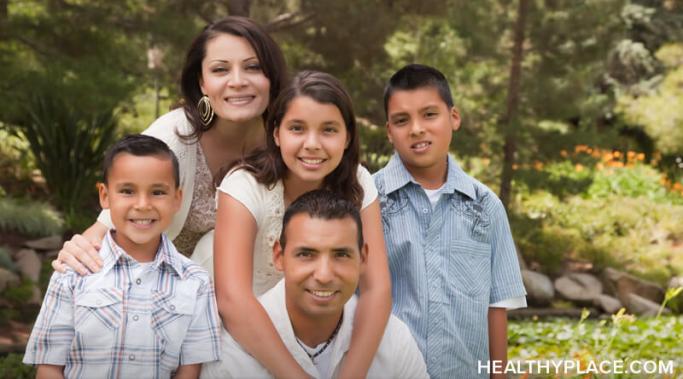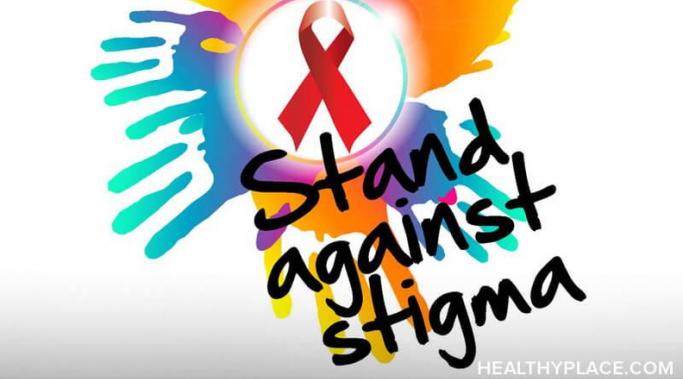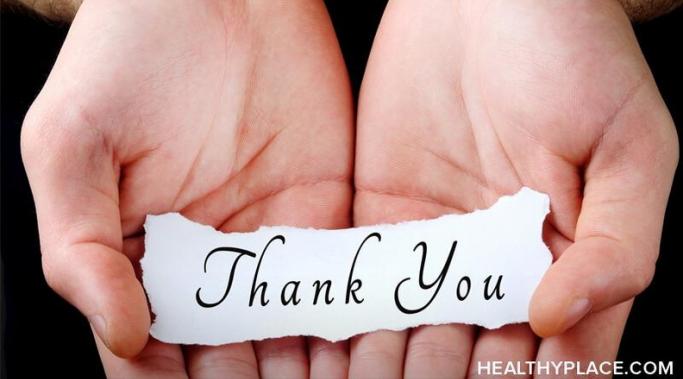The future of mental health education is, unsurprisingly, a popular topic here at HealthyPlace. That’s because it’s largely absent from the national curriculum, even though nearly 20% of children show signs of mental illness each year. 1 Approximately 60% of those children don’t receive mental health treatment. The future of mental health education is important.
Mental Health for the Digital Generation
Coping with the suicide of a friend is one of the most excruciating, incomprehensible things a person can experience. It leaves behind a wound that will seemingly never heal. Read on for some information on how to cope with the suicide of a friend.
I wish my loved ones knew certain things about my mental health. But explaining mental illness to someone who doesn’t have it can feel impossible, especially when it comes to family members and close friends. We want our loved ones to support us without judgement, but it doesn’t always work out that way. Here's what I wish my loved ones knew about my mental health.
Do you know about the interaction between summer and social and the importance of rest? You’re not alone.
I’m Mel Lee-Smith, and I’m excited to join the Mental Health for the Digital Generation blog at HealthyPlace. I was diagnosed with borderline personality disorder in 2012 when I was 18 years old. Like many borderlines, my teenage years were troubled. I grew up in a poor family; I was bullied throughout my school years for my looks; I struggled with self-harm, a poor self-image and the absence of my biological father. To cope – or perhaps distract – I engaged in impulsive, promiscuous, and dangerous habits. Despite all that, I made it my goal to get out and make a better life for myself.
The new year is approaching quickly and it is a perfect time to discuss working to reduce mental health stigma in the media. Mental health is one of the most relevant topics in present-day society. As a mental health advocate and a young adult with bipolar 2 disorder, the main change I hope to see in mental health in 2017 pertains to the stigma of mental illness. A good place to start reducing mental health stigma is in the news media, addressing its negative portrayal of mental illness.
There are a variety of reasons why gratitude is good for our mental health. Gratitude simply means expressing feelings of thankfulness. During depressive episodes or in moments of deep despair it can be discouraging when people encourage you to be grateful for all you have. It causes feelings of guilt on the behalf of the depressed person. Mental health conditions such as depression or bipolar affect all types of people. Although a person's life may be filled with riches it does not eliminate the effects of depression. Nevertheless, our mental health can be helped with gratitude.
As a Millennial and mental health advocate, it is important to learn about technological advancements such as phone applications (apps) and their effect on mental health. There are new developments in science and technology aiding those struggling with a mental health condition (Time for Tech in Depression Treatment). Phone applications and newer technologies are proof that more attention is being paid to mental health and the need for mental health funding and awareness. Check out these apps for your phone that can aid in good mental health.
Confronting weight gain on psychiatric medications is a major problem for many people consuming these types of medicines (Weight Gain in a Pill). It is almost as if the more your mental health improves, the more weight you gain. However, psychiatric medication weight gain can be coped with.
In a society that demands a perfect body and a perfect mind, it is no surprise to understand why it's hard to accept a diagnosis of a mental disorder. The lack of knowledge people have about mental health leads to minimal support for those struggling with a mental health condition. This is a challenge for many young adults who receive a diagnosis in which they know little to nothing about. The stigma of mental illness and the treatment for mental health conditions are two main reasons why it's hard to accept a diagnosis of a mental disorder.









